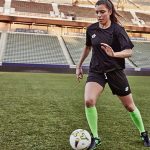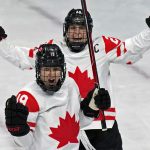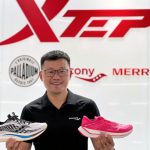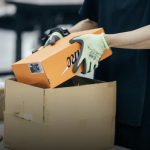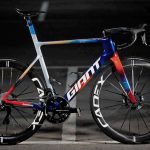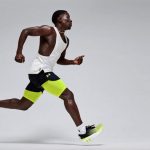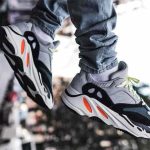The NFL has begun to test models of helmets worn by players to try to
determine which models might best protect players from suffering
concussions during on-field collisions. But an article in the New York Times states that some rivals of the
league's helmet sponsor, Riddell, as well as some outside experts claim
faulty testing is being used to come up with new guidelines.
The helmet-testing program is being funded by the NFL and run cooperatively by the
league and the NFL Players Association. The final results are expected
in March.
An initial round of testing of helmet models designed for NFL players
by five manufacturers, conducted at two testing facilities, was
completed and the results of the testing were given to the
manufacturers during a meeting last week. Manufacturers can offer input
and potentially resubmit helmet models for a second round of testing
before the final results are made available to players.
According to the Times article, critics said that an improperly developed standard could compromise safety across the college and youth levels greatly influenced by NFL.
â€This is not going to give you data you want with regard to concussion,†Dr. Robert Cantu, a medical expert on concussions and vice president for the National Operating Committee on Standards for Athletic Equipment, known as Nocsae, told the Times. â€The way in which this study is set up, it wonâ€t answer the question in any meaningful way.
The N.F.L. committeeâ€s long-term study of retired players to assess footballâ€s role in cognitive decline has already been suspended amid criticism of its design and conflicts of interest. The helmet-testing research is being assailed not just for its scientific flaws but because of relationships among committee members, the leagueâ€s official helmet sponsor, Riddell, and one of the two testing labs.
A meeting, according to the Times, was held last week at N.F.L. headquarters among helmet manufacturers, members of the N.F.L. committee, technicians conducting the tests and others. Literature shared with helmet companies states a primary purpose is assessing protection â€in conditions causing concussion.â€
The N.F.L. told the Times in an e-mail message that the testing aims â€to continue to learn as much as possible about the protective qualities of helmets, to share the information with the manufacturers and others.â€

